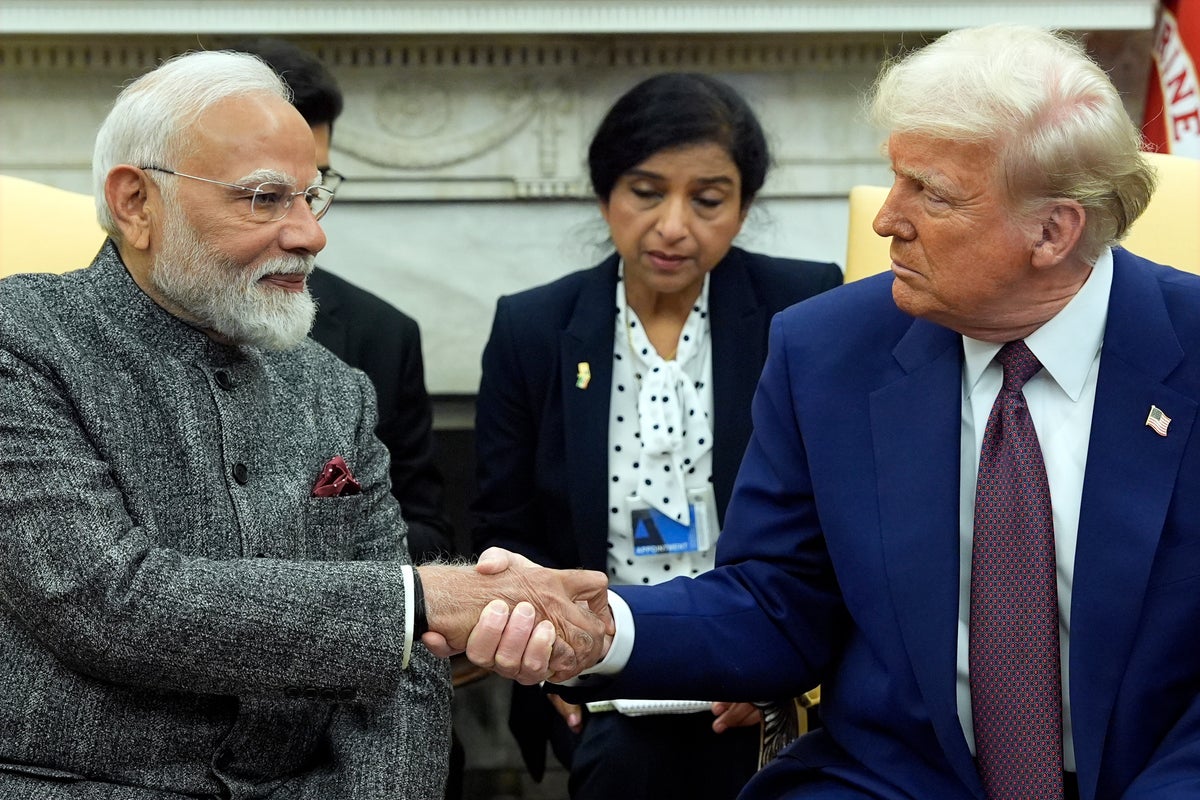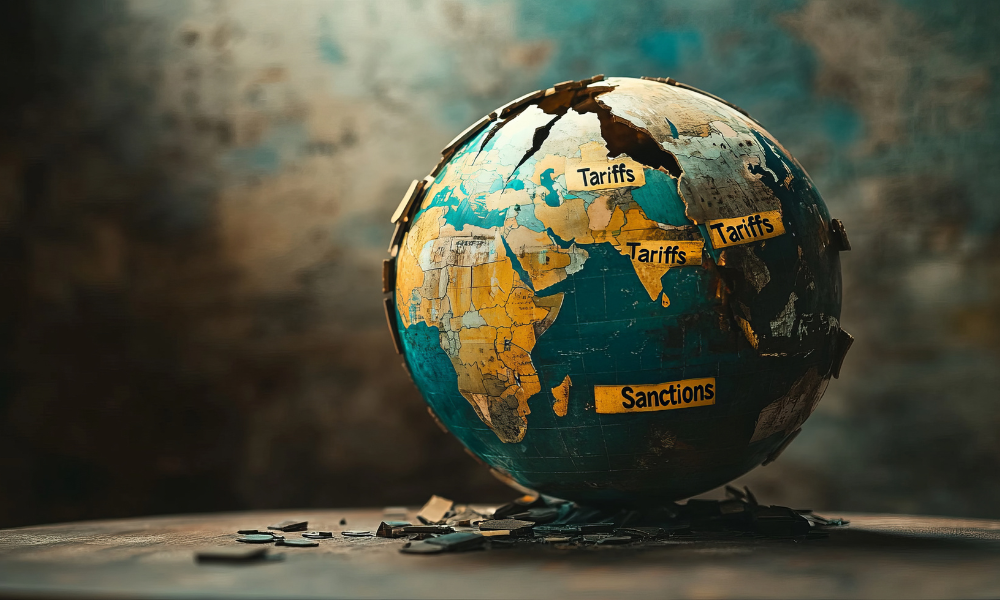- Reaction score
- 2,208
- Points
- 1,060
i dont think it is thats why i said its a list of tariffs that have ever existed. I saw someone respond to this list before assuming that random internet person was accurate and honestIf this is what’s actually in place now, it’s relevant.

Find the tariff applicable for your product | Canada Tariff Finder
Canada Tariff Finder enables Canadian importers and exporters to check tariffs for specific goods and markets (focus on countries in a Free Trade Agreement with Canada).
I find the supply management thing overdone. Are we going to subsidize our dairy, chicken, turkey farmers like the states if we get rid of supply management or do nothing?I’m sure that supply management is a huge component of all of that.
CUSMA is where that should be negotiated and discussed just like last time.
This is just grasping at straws to support Trump’s unprovoked position against Canada.
PP has already said he supports supply management so if he is the next PM don’t expect much on that front. And the LPC if they can get a Hail Mary upset win won’t be any different on that.












